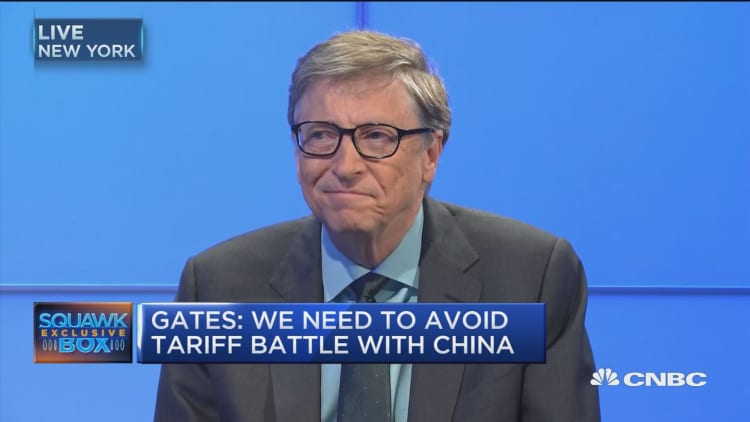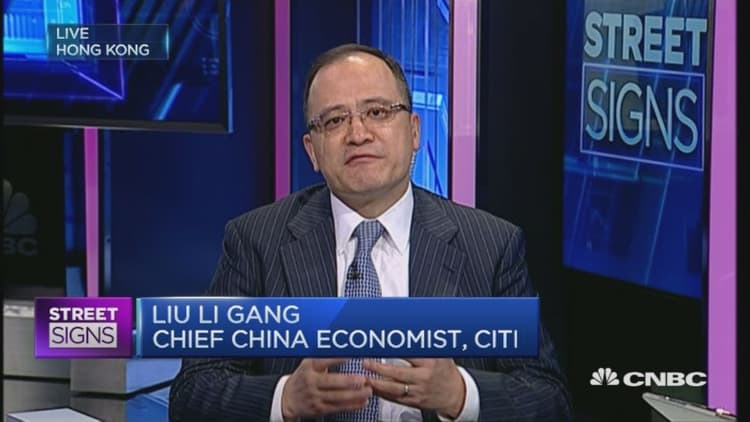Cao Dewang became a billionaire by making glass for the world's top carmakers, but his recent decision to move part of his operations to the United States has some asking whether the days of China as a manufacturing haven are over.
In The Beijing News on Monday, Fuyao Glass chairman Cao, 70, was quoted as saying the U.S. was a cheaper and better place to make glass because taxes were much lower than in China. His comments come as some companies are reconsidering their presence in China, and as U.S. president-elect Donald Trump is trying to lure firms back to the U.S. under his "Make America Great Again" slogan.
Meanwhile, the Chinese government is levying higher taxes and increasing social welfare payment obligations on companies, making it harder to run a factory.
"I just told the truth and spoke out about the problems," Cao said, explaining his decision to invest US$1 billion in the U.S., including taking over a former General Motors plant in Dayton, Ohio.
He said manufacturing businesses in the mainland paid about 35 per cent more in taxes than their counterparts in the U.S., and value-added tax had become the biggest burden for companies.

Ironically, the central government has tried to portray its VAT reform as a tax-cutting move, saying it translated into a 500 billion yuan (HK$558 billion) reduction in burdens on businesses.
But according to Cao, the high taxation rates have made profits in manufacturing "very thin".
Even though wages for a factory employee in the U.S. were about eight times higher than for those in China, the U.S. remained an attractive place to invest, Cao said.
More from the South China Morning Post :
Stuck in the past: how China's manufacturing powerhouse of Dongguan got left behind
What exactly is causing China's toxic smog?
China can revive manufacturing competitiveness by making more cuts to firms' social security contributions: planning agency
"I just want to remind the government and businessmen and let everybody be aware of the risks, telling them to be careful" of the country's weakening cost advantages, he said.
Many good firms had relocated to Europe and the U.S. while small and medium-sized enterprises had moved plants to countries such as Vietnam and Cambodia, where materials and labor were cheaper, he said.
Already, there are signs of manufacturing losing momentum. Capital spending from the private sector rose just 3.1 per cent in the first 11 months from a year earlier, compared to an investment growth rate of 20 per cent by the state sector.
Observers have said the nation's US$10 trillion economy is becoming increasingly subject to the whims of state enterprises and state intervention, forcing many private businesses to move abroad.

Niu Li, a researcher at the State Information Centre, a think tank affiliated with the National Development and Reform Commission, said Chinese companies had to face rising costs in labor, environmental protection and even costs in dealing with bureaucracy.
"It is fair to say, apart from the direct labor cost advantages, Chinese enterprises have heavier operational costs than their peers in the U.S.," Niu said.
Zhao Yang, chief China economist at Nomura, said rising land prices had also pushed up manufacturing costs in China, and competitiveness had become a greater concern than tax rates.
"Advances in technology and market competition are needed to move China up the industrial chain and improve its manufacturing advantages," he said.

